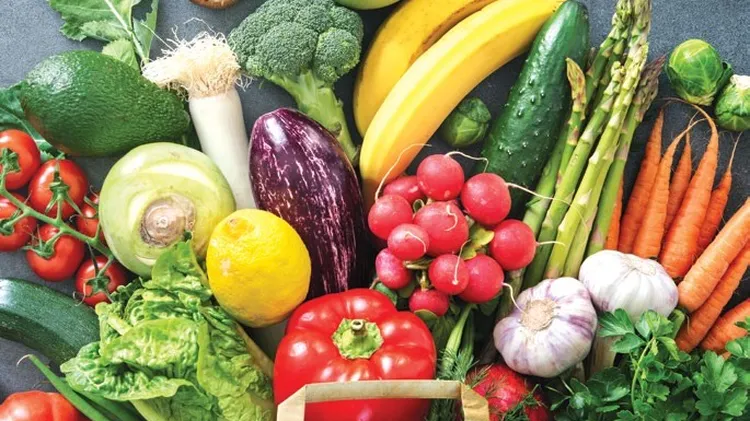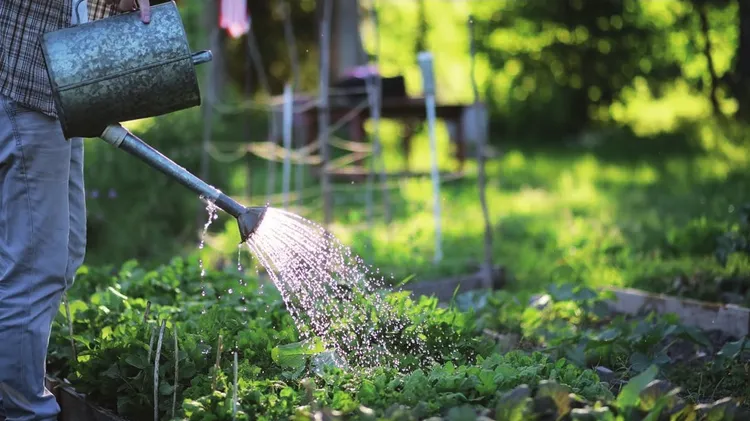Is buying organic a wellbeing essential or an unnecessary expense? Nutritional th
Clean eating
3 min read
This article is from...
Read this article and 8000+ more magazines and newspapers on Readly






